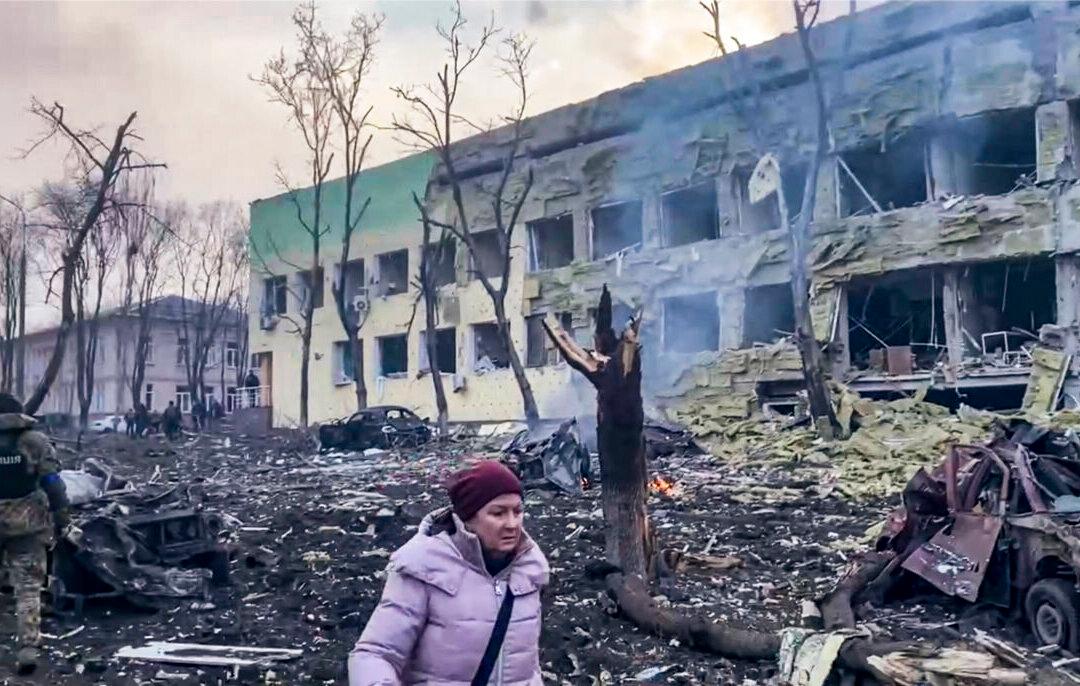Commentary
The Russian invasion of Ukraine has shown how a long war can quickly fade to the background of American interest, and any potential conflict with China has the same danger.

The Russian invasion of Ukraine has shown how a long war can quickly fade to the background of American interest, and any potential conflict with China has the same danger.